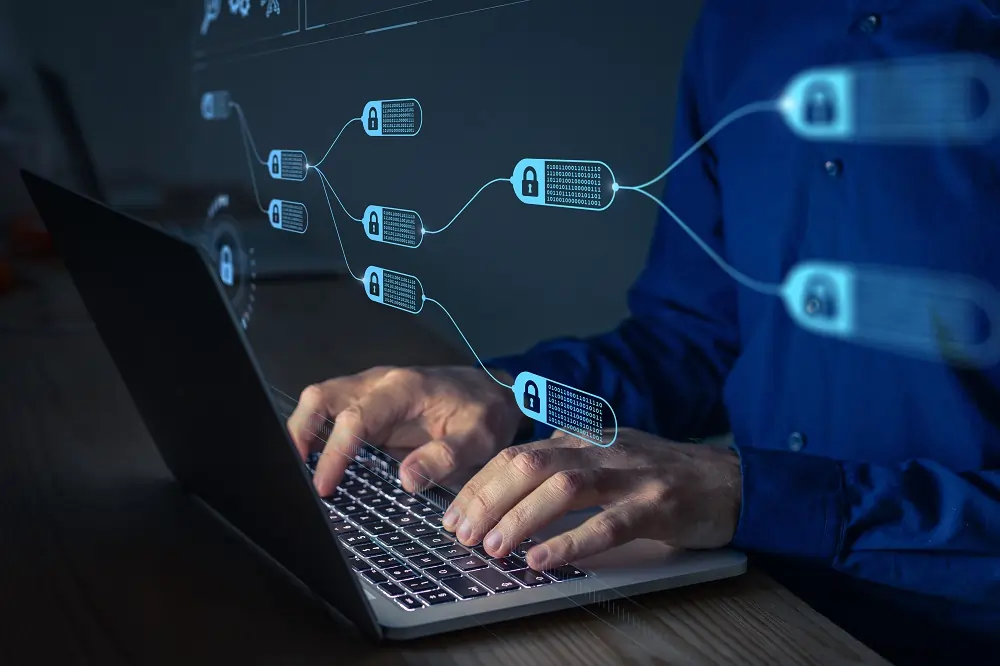
Blockchain for non-financial uses: real-world applications
Blockchain technology, known primarily for its role in cryptocurrencies, has a wide range of applications beyond the financial sector. In this article, we will explore some of the real-world applications of blockchain for non-financial uses, highlighting its potential to revolutionize industries such as healthcare, supply chain management, and voting systems.
Introduction to blockchain technology:
Blockchain is a decentralized and distributed ledger technology that records transactions across multiple computers in a secure and tamper-resistant manner. Each transaction is added to a block, which is then linked to the previous block, creating a chain of blocks (hence the name blockchain). This ensures that the data stored on the blockchain is immutable and transparent.
Healthcare:
One of the most promising applications of blockchain in non-financial industries is in healthcare. Blockchain can be used to securely store and share patient health records, ensuring that sensitive information is protected and accessible only to authorized parties. Additionally, blockchain can be used to track the authenticity and provenance of pharmaceuticals, reducing the risk of counterfeit drugs entering the supply chain.
Supply chain management:
Blockchain has the potential to revolutionize supply chain management by providing a transparent and traceable record of the movement of goods from the point of origin to the final destination. This can help improve supply chain efficiency, reduce fraud and counterfeiting, and enhance product quality and safety.
Intellectual property rights:
Blockchain can also be used to protect intellectual property rights by creating a secure and transparent record of ownership and rights. This can help artists, musicians, writers, and other creators protect their work from unauthorized use and ensure that they are properly compensated for their creations.
Voting systems:
Blockchain technology has the potential to transform voting systems by providing a secure and transparent way to conduct elections. By using blockchain, governments can ensure that votes are recorded accurately and cannot be tampered with, helping to prevent fraud and increase trust in the electoral process.
Legal and notarization services:
Blockchain can be used to create secure and tamper-proof records of legal documents, such as contracts, wills, and deeds. This can help streamline legal processes, reduce the risk of fraud, and provide a more secure and efficient way to manage legal documents.
Identity management:
Blockchain technology can also be used to improve identity management by providing a secure and verifiable way to store and share personal information. This can help reduce identity theft and fraud, as well as improve access to services that require proof of identity.
Environmental conservation:
Blockchain technology can be used to track and verify environmental conservation efforts, such as carbon offset credits and renewable energy certificates. By providing a transparent and tamper-proof record of these efforts, blockchain can help increase trust and accountability in environmental initiatives.
In conclusion, blockchain technology has the potential to revolutionize a wide range of industries beyond finance. By providing a secure, transparent, and tamper-proof way to record and verify transactions, blockchain can help improve efficiency, reduce fraud, and increase trust in various sectors. As blockchain technology continues to evolve, we can expect to see even more innovative applications in the future.


